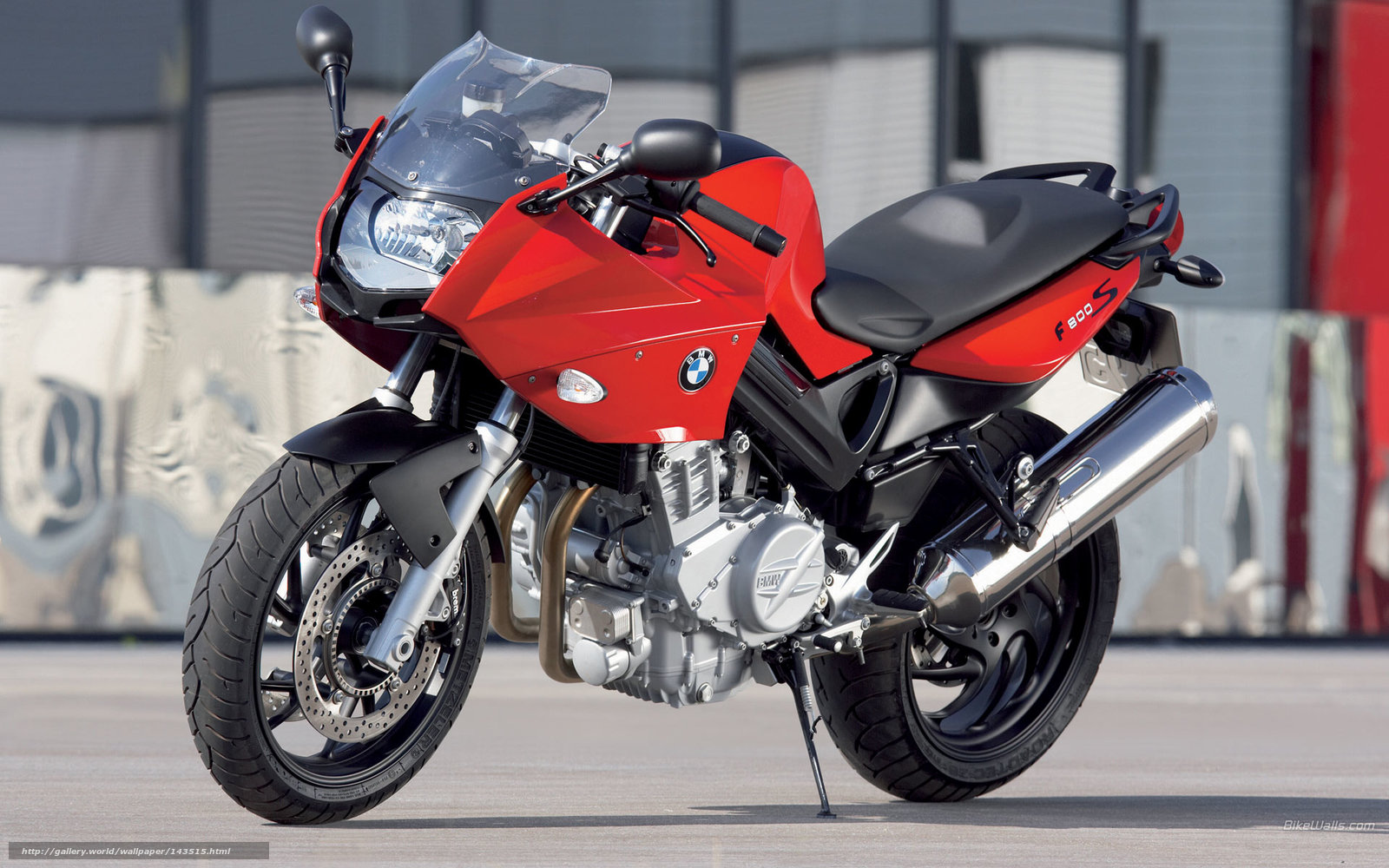
Factors to consider when buying a used motorcycle
Buying a used motorcycle can be a fun and cost-effective way to get into riding or upgrade your current bike. However, it is important to approach your purchase with caution and do thorough research to ensure you are getting a reliable and safe motorcycle. Here are the key factors to consider when buying a used motorcycle:
1. Budget
Decide your budget before you start shopping. Consider not only the purchase price, but also additional costs such as insurance, registration, taxes and any emergency maintenance or upgrades the motorcycle may require.
2. Motorcycle type
Choose the type of motorcycle that suits your needs and riding preferences. Consider factors such as your experience level, riding style (cruiser, sport, touring, etc.) and intended use (commuting, touring, off-road, etc.).
3. Research models
Research the specific motorcycle models that interest you. Look for reviews, owner reviews and reliability ratings. Some models may have known issues or recalls, so it's important to be well informed.
4. Private Seller vs. Dealer
Decide whether you want to buy from a private seller or a dealership. Private sellers may offer lower prices, but dealerships often provide warranties and a certain level of reliability.
5. Service records and maintenance
Ask for the motorcycle's service records to ensure it has been properly maintained. Regular maintenance is critical to the longevity and performance of your motorcycle. Check for oil changes, tire changes and other routine maintenance.
6. Mileage
Consider the mileage of the motorcycle. Lower mileage may indicate less wear and tear, but very low mileage on an older motorcycle may mean it has spent a lot of time sitting, which can lead to its own set of problems.
7. Inspection and test drive
Always inspect the motorcycle in person and, if possible, test ride it. Look for signs of damage, rust, leaks or worn components. Pay attention to how the motorcycle handles, accelerates, and brakes during the test ride.
8. Checking title and VIN
Check the motorcycle title to make sure it is clear and free of any liens or legal issues. Check the vehicle identification number (VIN) on the title and motorcycle to make sure they match. You can also use online services to check your bike's history.
9. Aftermarket modifications
Find out if the motorcycle has any aftermarket modifications. While some upgrades may be beneficial, poorly executed modifications or extensive changes may indicate rough driving or neglect.
10. Price negotiations
Be prepared to negotiate the price. Research the market value of similar motorcycles and use this information to negotiate a fair price with the seller.
11. Legal requirements
Check the legal requirements when purchasing a used motorcycle in your area. This may include paperwork, emissions testing, safety checks and insurance.
12. Mechanical inspection
Consider having a qualified mechanic inspect your motorcycle, especially if you are not experienced in assessing its condition. A professional inspection can reveal hidden problems and provide peace of mind.
13. Ownership Cost
Consider the ongoing costs of ownership, including insurance, maintenance and fuel costs. These costs can vary significantly between motorcycle models.
14. Parts availability
Check the availability of spare parts for your specific motorcycle model. Some older or less common models may have limited parts availability, which may impact maintenance and repairs.
15. Seller reputation
When purchasing from a dealership, research their reputation and customer reviews. For private sellers, ask for references or, if possible, talk to previous buyers.
Remember that buying a used motorcycle requires careful consideration and due diligence. Taking the time to research, inspect and negotiate will help you make an informed purchasing decision. By taking these factors into account, you can find a used motorcycle that suits your needs and will provide many years of enjoyable riding.






